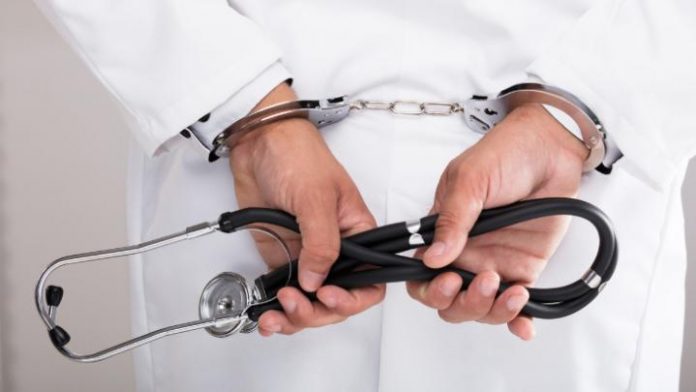StopMedicalScams.com is a new US-based consumer group to help people who have been scammed by medical tourism.
A new consumer organisation claims that medical tourism scams are a global problem.
Victims of fraudulent medical tourism suffer botched medical procedures performed by inadequately trained physicians, fake treatments for serious diseases, transplanting infected organs, prescribing incorrect, inadequate or counterfeit medicines, and the kickback payments medical facilities abroad provide to medical travel agents who send them their patients.
StopMedicalScams.com is a consumer group established to help people who have been scammed by medical tourism operators, agents and facilities and inform them about what possibilities exist to get their money back.
Based in Atlanta, Georgia, StopMedicalScams does not provide paid advisory services and offers no financial products or services. Individuals upon request can receive a consultation free of any charge or fee.
StopMedicalScams.com encourages patients to check whether there is a possibility to recover the funds spent on an unsuccessful medical procedure.
What patients regard as a medical scam or a fraudulent medical procedure may be perceived as legitimate by the healthcare provider. But misleading a patient, misrepresenting the potential success of a treatment, mislabelling a facility that is not properly licensed to offer the services that it does, and misreporting the credentials of individuals who present themselves as medical professionals are all scams; whether or not they are actually illegal depends on the country.
StopMedicalScams.com aims to prevent people from getting scammed by medical tourism scams and assist those who were victimised to get their money back.
Common problems encountered by victims include:
- Doctors charging patients more than the standard cost and suggesting procedures that are not necessary
- Hygiene levels vary so disease can be transmitted via unsterile medical equipment or present in improperly screened organs for transplant
- Medication may be counterfeit or of poor quality
- Blood products may not be screened for infections
- Insufficient advice about flying after surgery, which may increase the risk of blood clots








 ©2024 All rights reserved LaingBuisson
©2024 All rights reserved LaingBuisson 


